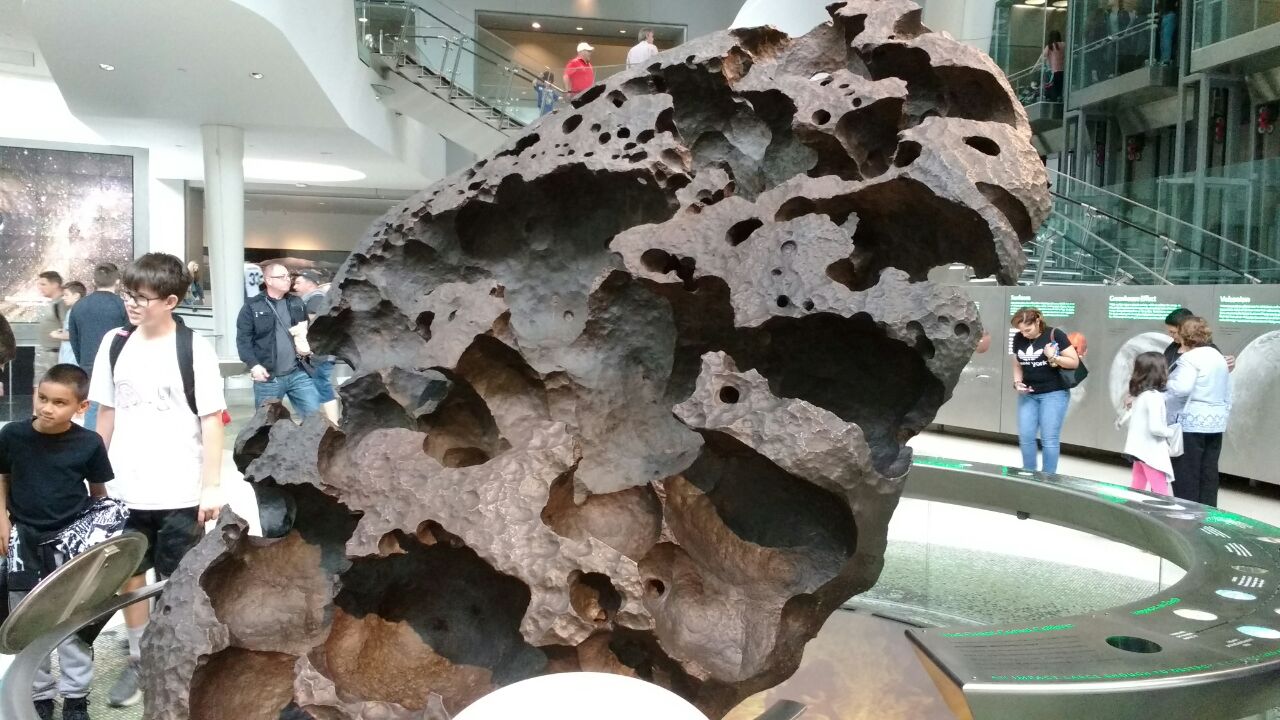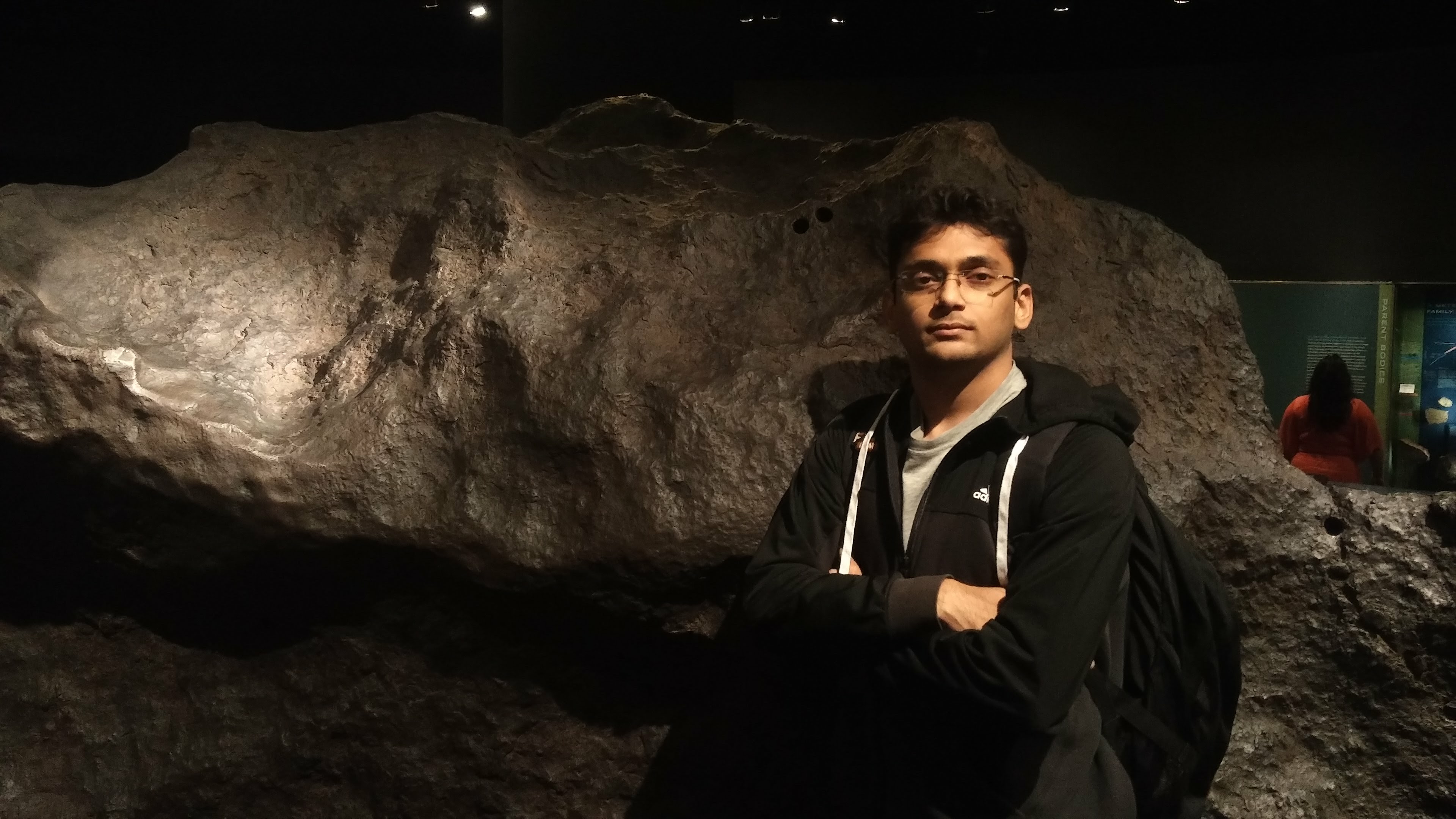The second week of RC has rushed by and most of it has been a blur. This week has been about finding and learning new things, not all of them technical though.
Emotional rollercoaster
This week picked up right from where the previous one left off - uncertainty. One of my blog posts was trending on Hacker News and it took me through an emotional roller coaster. I gave a talk on this at RC on Thursday and published the transcript as a blog post as well. Everyone was laughing through most of the talk which was again something that I was not expecting. This was another first for me, in being able to keep my audience entertained throughout the talk. The main reason for which I think was that the talk duration was five minutes only, as stipulated. One important lesson that I learned from this entire exercise though, is that if you really want something to happen, you should stop trying too hard, be natural, and go with the flow. If it works out how you wanted it, well done! Or else, there’s always a next time.
Prioritisation
I was also able to identify and prioritise my goals for the first half of RC, and have set mental goals for my projects. Currently my main focus is to work on the shell I’ve been writing. It can execute system commands now, on which I will write a blog post soon. The next step is to implement signal handling.
I have been reading the following books in order to accomplish this:
- The C Programming Language - Kernighan & Ritchie
- Advanced Programming in the UNIX Environment - Stevens & Rago
- Linux Systems Programming - Robert Love
Python to C
Prior to this, I was programming mostly in Python (and a little bit of Golang) and starting with C felt like suddenly being hit by a wall. I spent quite some time reading and understanding C (and pointers ofcourse) to be able to implement something that Python can do in a single line - split a long string into individual words separated by space. I had to take care of memory allocation (and reallocation when my buffer runs out of memory) and parsing the string. This forced me to understand the inner implementation of something that appears trivial in a language like Python. Somebody at RC mentioned (I can’t recall who) that:
C is a very bad high level language but a great assembly language.
Veit Heller also mentioned that:
The joy of writing C is in reinventing the wheel.
I’ve noticed when I keep these in mind while working with C, my frustrations at having to reinvent the wheel are easier to keep at bay. Also, I am starting to appreciate how C survived for thirty years while almost every other piece of software fails at this. One reason for this is keeping C very simple and clear at its core, even if it means more trouble for the programmer.
Getting stuck and seeking help
I’m also happy that I can now use gdb to debug my code, which is
something I always wanted to but never paid enough attention towards,
thanks to Sabelo Mhlambi and
Trevor Saunders who helped me with
this. I also used Saul Pwanson’s help
with valgrind to fix a hard to trace bug.
I realized that it is always a nice idea to ask someone if you are stuck at something and unable to make any progress at all. An extra pair of eyes can do wonders!
Pairing
I paired on the shell with
Dominic Spadacene where he was the
navigator and
I was the driver and implemented the command parser while also
improving the internal APIs. We also learned why cd is not supported
as a system call but as a shell builtin instead. More on that in a
separate blog post. I also paired with
Jaseem Abid to improve the
code yet again. The pairing exercises turned out to be very fruitful
because I was able to improve my code very early on in the project itself.
I switched roles and became the navigator instead and paired with Saul Pwanson on integrating with the Github API for visidata. We also ended up building a generic client as a side effect which can be reused for integrating with other APIs.
More math
I’ve had a long discussion with Hang Lu Su and Tim Babb on geometry, shapes and groups. It was an interesting discussion, although I was able to retain only parts of it, since most of the discussion was higher level math than I’ve done so far. However Tim Babb was able to explain a few concepts very intuitively with real world examples. I always love it when someone explains a topic with real world context, because it makes understanding the subject easier and interesting at the same time.
Exploration
I’ve also decided to explore Haskell as my secondary project here. We’ve formed a Haskell group where most people are new to the language and are curious to learn it as well. The group has been following the Haskell Book. However, I found it a bit too verbose for my personal taste and I am following the Learn You a Haskell for Great Good! instead. My reasoning for this is that:
- Haskell is my side project at RC, and I would not want to give it a lot of time at the moment.
- I read through the first three chapters of Learn You a Haskell, and found the book easy to understand while also move at a fast pace.
- I am okay with having a superficial understanding of Haskell right now and will dig deeper when I start using it for a project.
I’ve explored some Lambda Calculus as part of this exercise, and admittedly don’t understand it too well at the moment. But I’ve developed a feel for it now and can relate to the patterns in Haskell to some extent. So far my Haskell knowledge is about:
- Variables, strings, lists, list comprehensions and tuples
- Infix and Prefix functions
- Type declaration in functions
- Type annotations and type classes
NYC
I was arriving at RC a little late in the first half of the week, which I was gladly able to fix during the second half. I’ve also managed to bring down my commute time to about 40 minutes from the usual 50 minutes on the bike. This is probably me getting used to the long ride added with the fact that I am familiar with the route and I don’t need to stop and check Google maps for directions.
I’ve taken Vaibhav Sagar’s advice on leaving the laptop back at RC overnight. This has two advantages:
- I have a lighter backpack to carry back on the bike
- I do not spend time late at night unnecessarily fidgeting on the laptop
- I have an incentive to show up at RC early
Friday is the only exception to this rule though.
I also visited the American Museum of Natural History which blew my mind over. It is huge and visiting all the exhibits in a single day is not feasible. I saw the space show at the planetarium there, which was a beautiful experience, after which I spent most of my time in the Space section and the Hall of Meteorites.
Here are some pictures from the museum:




Looking forward to another fun and exhausting week of RC!

